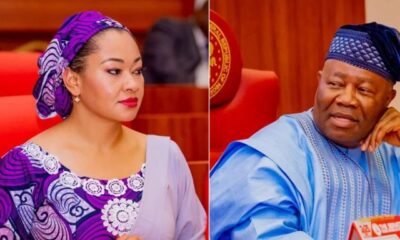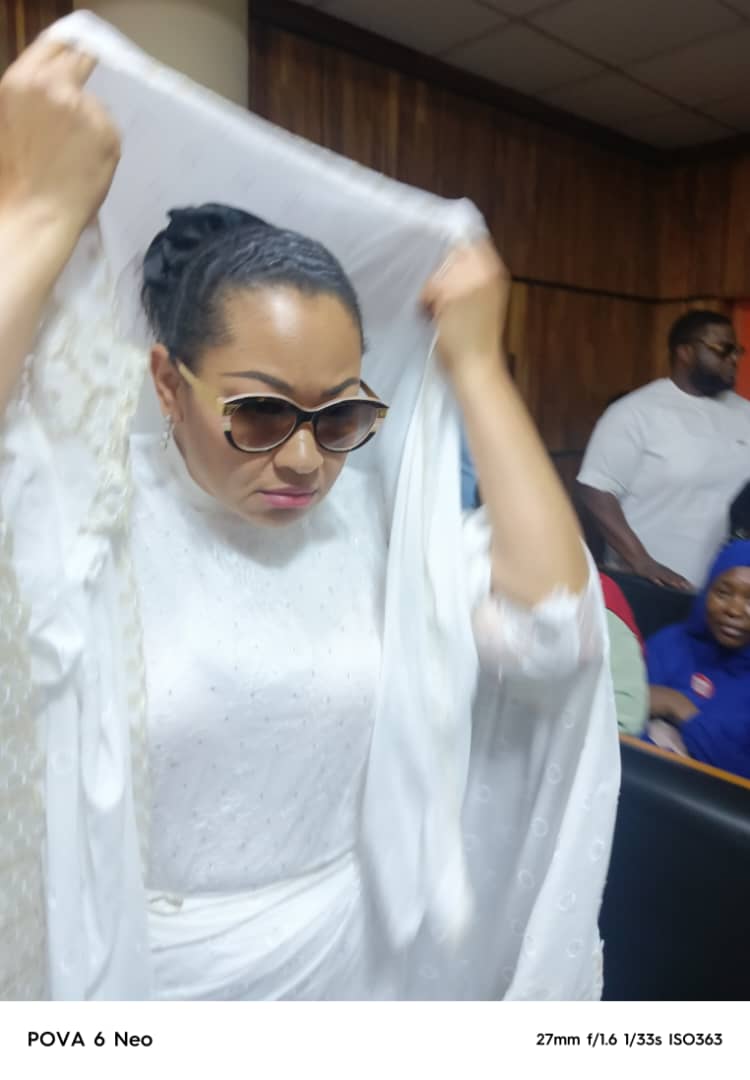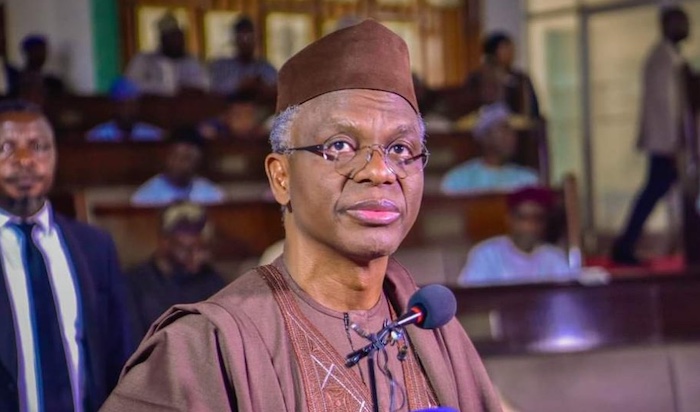Power distribution businesses failed to send a total of N208.8 billion to the Nigerian Electricity Supply Industry in 2022, according to the Federal Government.
Data from the Nigerian Electricity Regulatory Commission’s (NERC) most recent Fourth Quarter 2022 Report, as well as data from the First, Second, and Third quarters, revealed on Sunday that the Discos never made entire repayments throughout the time period.
In Nigeria, there are approximately 11 power distribution firms in charge of providing electricity to customers within their assigned service regions. They consist of the discos in Abuja, Benin, Eko, Enugu, Ibadan, Ikeja, Jos, Kaduna, Kano, Port Harcourt, and Yola.
The Discos were created in 2013 as part of Nigeria’s power sector reforms aimed at improving the efficiency and reliability of electricity supply across the country.
The firms collect electricity bills from consumers on behalf of the power market. They make remittances to the power market through the Nigerian Bulk Electricity Trading Plc and the Market Operator, an arm of the Federal Government-owned Transmission Company of Nigeria.
But figures obtained from the power sector regulator showed that the Discos did not remit N49.23bn, N31.3bn, N58.3bn, and N69.94bn in the fourth, third, second, and first quarters of 2022, respectively, making a total of N208.8bn.
Commenting on market remittance, in its fourth quarter report, the NERC said, “The combined invoices issued to the Discos in 2022/Q4 was N231.01bn consisting of: i) generation costs from the Nigerian Bulk Electricity Trading company: N188.74bn; ii) transmission and administrative services from the Market Operator: N42.27bn.”
“From this amount, the Discos collectively remitted a total sum of ₦181.78bn (₦145.91bn for NBET and ₦35.87bn for MO) with an outstanding balance of ₦49.23bn.”
The commission stated that poor remittance by the Discos was a direct consequence of the power firms recording higher than allowed Average Technical Commercial and Collection losses.
The NERC also stated that the combined invoices issued to the Discos in the third quarter of last year was ₦204.84bn, adding that this was split into generation costs from the NBET, ₦164.34bn; and transmission and administrative services from the MO, ₦40.50bn.
“Out of this amount, the Discos collectively remitted a total sum of ₦173.55bn (₦140.67bn for NBET and ₦32.88bn for MO) with an outstanding balance of ₦31.29bn.”
On the power market remittance in the second quarter, the NERC stated that the combined invoices from the NBET and MO to the Discos in Q2 2022 was N185.01bn, split into generation costs – N149.89bn, while transmission and administrative services was put at N35.12bn.
“Out of this amount, the Discos collectively remitted a total sum of N126.69bn (N102.35bn for NBET and N24.34bn for MO) with an outstanding balance of N58.32bn,” the report stated.
Similarly, data sourced by our correspondent from the Q1, 2022 report of the NERC on market remittance indicated that the combined invoices from NBET and MO to Discos in the first quarter of last year was N205.63bn, split into generation costs – N164.86bn; while transmission and administrative services was N40.77bn.
“Out of this amount, the Discos collectively remitted a total sum of N135.69bn (N109.96bn for NBET and N25.73bn for MO) with an outstanding balance of N69.94bn,” the commission stated.
Nigeria’s power sector is faced with a liquidity crisis and one of the reasons for this is the poor remittances by power distribution companies to the electricity market since the privatization of the industry in November 2013.
The President, Nigeria Consumer Protection Network, and coordinator, Power Sector Perspectives, Kunle Olubiyo, urged the new government led by President Bola Tinubu to take a holistic look at the power sector.
He told our correspondent in a recent interview that the privatization of the successor distribution and generation companies of the defunct Power Holding Company of Nigeria in November 2013, should be reviewed.
This, he said, was particularly due to the dysfunctional outputs of the power distributors since they were privatized, adding that the 10-year moratorium on power sector privatization would end this year.
Olubiyo said, “When this moratorium expires by October, naturally it will be without litigation because they’ve given the privatized companies 10 years. And so if in between the lines we try to shift the goalpost, then litigation can arise.
“If not for the activities of the banks that are now involved in the day-to-day running of some Discos, there is no way we would have been able push out this height of impunity in the sector. People make as much as N15bn in a month and they will still have a license for zero remittance.
“As consumers, are we not paying our power bills? For the generation companies, don’t they pay for gas? And somebody will collect money on our behalf and will not remit. So this system of privatization cannot work and has not worked since the sector was privatized 10 years ago.”
The Abuja-based power sector expert and former member of the Presidential Adhoc Committee on Review of Electricity Tariff in Nigeria, further called on the government to pull out its 40 percent stake in the Discos and break the 11 distribution companies’ franchises into smaller units so as to break the present market monopoly and promote the ideals of a competitive electricity market.

 BIG STORY3 days ago
BIG STORY3 days ago
 BIG STORY4 days ago
BIG STORY4 days ago
 BIG STORY2 days ago
BIG STORY2 days ago
 BIG STORY4 days ago
BIG STORY4 days ago
 BIG STORY3 days ago
BIG STORY3 days ago
 BIG STORY4 days ago
BIG STORY4 days ago
 BIG STORY4 days ago
BIG STORY4 days ago
 BIG STORY2 days ago
BIG STORY2 days ago
























